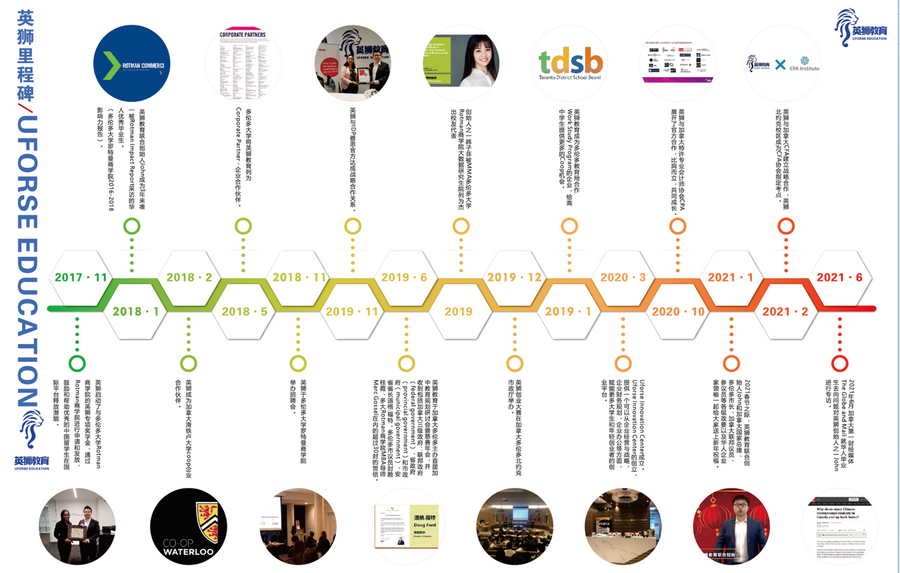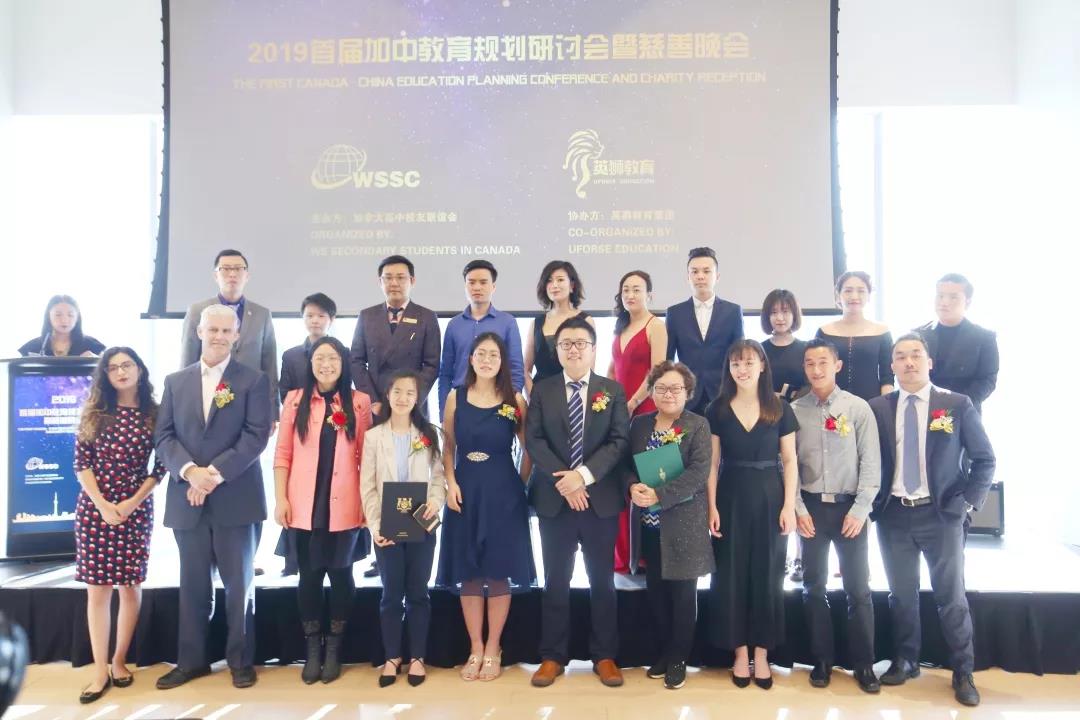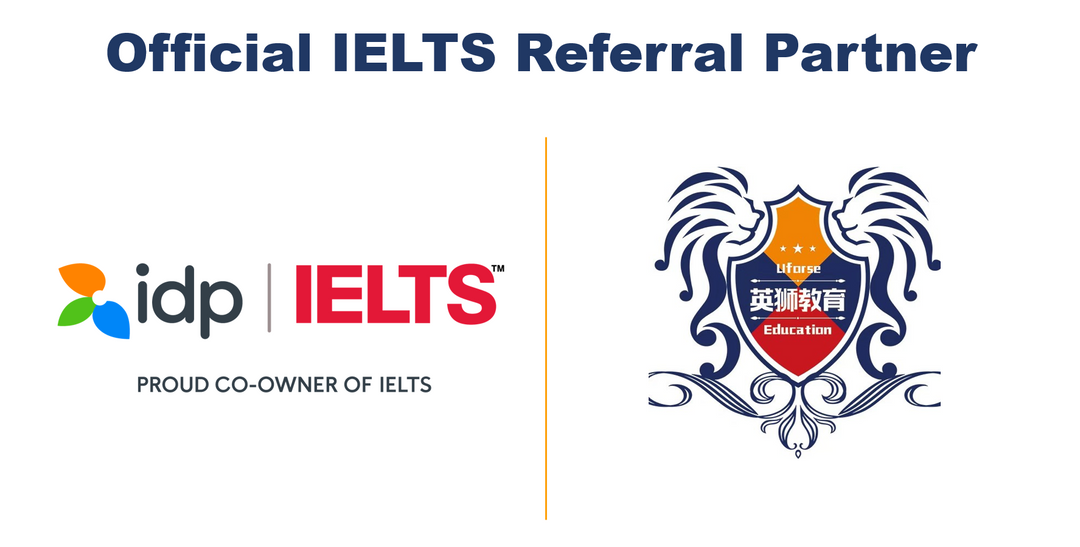The University of Toronto's Faculty of Engineering introduces eight major programs
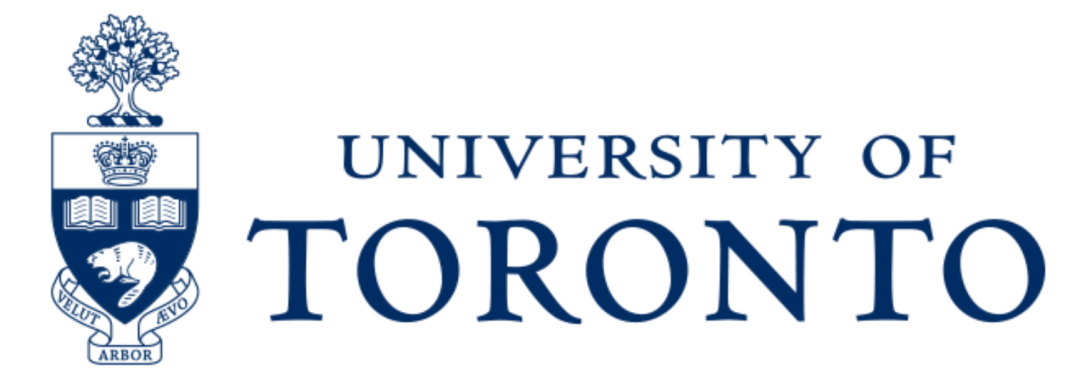
Chemical Engineering
Basic introduction: Chemical Chemical Engineering is a multidisciplinary program that combines chemistry, biology, mathematics and design to solve global challenges and create innovative processes and products.
Professional characteristics: As one of the top chemical engineering majors in Canada, the University of Toronto School of Engineering is at the forefront of research in developing renewable fuels, using biotechnology to remove pollution, sustainably producing products, and making artificial organs. Students will put theory into practice in courses and laboratories, including a unique unit operation laboratory filled with large industrial equipment and a two-story distillation tower.
Key areas: Biomolecular and Biomedical Engineering, Bioprocess Engineering, Chemical Engineering, Environmental Science, Informatics, Materials Development and Process Engineering, Pulp and Paper, Surface and Interface Engineering, Sustainable Engineering.
Career opportunities: Food fortification, pharmaceuticals, energy and other fields

Civil Engineering
Basic introduction: civil Civil engineering develops students' ability to design, build and maintain the infrastructure (from buildings to transportation systems) that supports modern society.
Professional highlights: This major focuses on the design, infrastructure and sustainability of structures and systems that support daily life, from the deepest tunnels to the tallest buildings. Students will learn from global experts in the world's most advanced and unique facilities. Courses will focus on applied structural mechanics, fluid mechanics, geology and engineering ecology. The University of Toronto also offers unique field experiences, including surveying camps and practical construction projects.
Areas of focus: Building science, construction management, environmental engineering, mining and geomechanics, structural engineering, transportation engineering and planning.
Career direction: Civil engineer

Electrical and Computer Engineering
Basic introduction: Electrical & Computer Electrical and computer engineering (ECE) is dedicated to solving the communication and control of digital information and the production and distribution of energy.
Professional characteristics: In the first and second years, students will study basic subjects such as design, mathematics, digital systems, electronics, communication systems, computer architecture and software.
In years 3-4, focus on two of the six cutting-edge specialties.
The University of Toronto's ECE department is ranked first, with a strong emphasis on research and hands-on learning in advanced laboratories. Moreover, students have the opportunity to work with 79 professors with expertise in both electrical and computer science!
Areas of focus: Software and computer hardware, Communications and computer networks, Analog and digital electronics, Communications, signal processing and control, Energy systems and electromagnetism, Photonics, Quantum and semiconductor technologies.
Employment direction: Telecommunications, software development and energy systems

Industrial Engineering
Basic introduction: Industrial Engineering focuses on improving the way people interact with technology and systems, improving systems and processes in areas such as healthcare, logistics and manufacturing.
Professional characteristics: Students will start by learning the basics of industrial engineering: operations research, programming, and human-centered design. In senior years, students will take courses ranging from engineering psychology to data analysis to business process optimization. Industrial engineers apply their expertise to a variety of environments, from streamlining healthcare systems to rethinking supply chains and online user experiences in the age of artificial intelligence.
Focus areas: Human factors, information engineering, operations research, artificial intelligence and machine learning.
Career opportunities: Finance, healthcare, consulting and other fields

Materials Engineering
Basic Introduction: Materials Engineering focuses on the design and development of new materials and the advancement of processes for sustainable production of materials.
Professional characteristics: The University of Toronto is well-known for its cutting-edge research in materials science, making it a leader in developing new high-performance materials to meet global challenges. Students will have experience using the most advanced characterization techniques and computer simulations in the major.
Key areas: Biomaterials, Computational materials and artificial intelligence, Materials design, Materials manufacturing, Sustainable materials processing.
Employment direction: renewable energy, automobile and aerospace fields

Mechanical Engineering
Basic Introduction: Mechanical Mechanical engineering understands the world as moving parts: everything from cars to medical devices is designed using mechanical engineering principles.
Professional characteristics: The mechanical engineering program at the University of Toronto is known for its applied approach, and students will put theory into practice through laboratory and field practice. Courses cover physics, risk assessment, thermodynamics, biomechanics, and sustainable energy. The Capstone design project is the highlight of the program, in which students are able to solve real-world engineering challenges.
Key areas: Bioengineering, Energy and Environment, Manufacturing, Mechatronics, Solid Mechanics
Employment directions: Robotics, manufacturing, clean energy and other fields.

Mineral Engineering
Basic introduction: Mineral engineering focuses on the mining and management of natural resources. It combines the principles of chemistry, civil and mechanical engineering to provide scientific support for human development and utilization of resources.
Professional characteristics: The University of Toronto's Lassonde Mineral Engineering program provides a broad range of learning methods, covering mining design, environmental risk assessment and mineral processing.
With an emphasis on sustainability and safety in the mining industry, students will learn about mineral exploration, mine design and management, mineral processing and mining finance from researchers at the Lassonde Mining Institute and industry experts.
Focus areas: Environmental impact and risk assessment, mine design, mineral processing, mining economics and finance, open-pit and underground mining, wastewater management.
Employment direction: Mining operations, environmental consulting, mineral finance, etc.

Undeclared Project ( TrackOne)
Basic Introduction: TrackOne is designed for students who have not yet decided on an engineering discipline, helping students explore various engineering fields before choosing a major.
Professional Features: Trackone program allows students to study the foundation courses of all core 8 disciplines in the first year, ensuring that students have a broad understanding of engineering basics. At the end of the first year, students can choose to major in one of the core 8 disciplines (chemistry, wood, computer, electrical, industry, materials, machinery or minerals) to make an informed decision for their future career path.
Course Setting: In the first year, students will study the core 8 disciplines, including key engineering principles, to lay the foundation for subsequent professional studies. After completing TrackOne courses, students can enter the remaining three years of the BASC degree and choose one of the core disciplines.
Add an academic advisor for registration consultation



